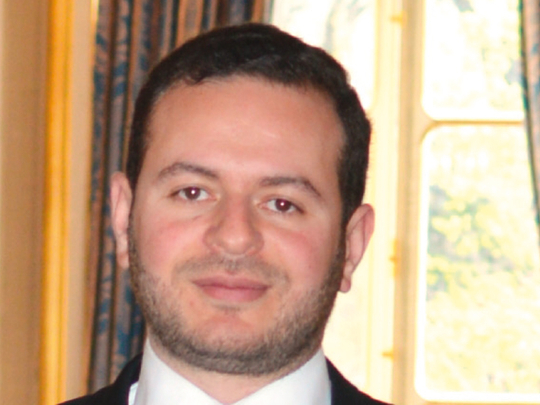
If proof were needed of the precarious political and security situation Libya finds itself in, it came in the form of the deadly twin blasts on January 23 outside a Salafist mosque in Benghazi, which left more than 30 people dead. It was followed by a horrific video that went viral online showing an eastern-based commander executing 10 blindfolded captives in cold blood in ‘revenge’.
Despite the rampant chaos plaguing the country, the UN is sticking to its plan to hold elections in Libya this year, most likely in spring. However, analysts say elections are likely to be delayed beyond 2018. “Libya lacks a constitution that specifies the powers the next president and parliament would exercise. Moreover, the country has not yet passed an election law that specifies the system that would be used, or candidacy requirements that should be met,” Walid Namane, an analyst at Control Risks in Dubai, told Gulf News. “Logistical issues in managing and organising the vote amid a persistent fragile security environment will undermine the election process, and will likely lead to postponement of the elections until 2019.”
The election plan was advanced by Gassan Salama, the UN special envoy to Libya, and is part of a broader effort to end the political deadlock that has existed for three years. But the process will likely be tainted by violence. “The losing parties will contest the results of the elections, which could lead to an escalation in the conflict, and possibly a de-facto partition of Libya whereby the Libyan National Army (LNA) – led by General Khalifa Haftar – will end up controlling much of the east, and the Tripoli-based Government of National Accord — the west,” said Namane. The potentially wealthy country has been left with two governments, one based in Tripoli and the other in Tobruk, and dozens of heavily armed militias that benefit from the current instability.
The powerful anti-Islamist General Khalifa Haftar, who heads the government based in the east, in Tobruk, said in late December he would support elections in 2018 to bring the country out of chaos, but suggested he could take measures if efforts for “a peaceful power transition via free and democratic elections were exhausted”. Namane noted: “Haftar endorsed the elections to maintain his legitimacy both inside Libya and internationally. However, the LNA’s commitment to respect the outcome of the elections depends on two conditions: A defeat of Libyan Islamists and Haftar’s election as president. Haftar and his support base will not accept an election outcome that would bring to power a Muslim Brotherhood-linked figure.”
The central issue with the elections seems to be the weakness of the UN-recognised GNA in Tripoli led by Prime Minister Fayez Al Sarraj. This was illustrated by the full blown clashes in mid-January inside Tripoli’s international airport, of all places, that left at least 20 dead. Asked what could be done to curtail the power of the militias, Namane said, “Egypt has attempted to mediate between the LNA and the Misrata’s military council. However, there has been no progress made towards unifying Libya’s armed groups under one military institution. The proliferation of armed groups in Libya is driven by the fragmented political system and competition between parallel state institutions. Quelling the power of these groups would require a comprehensive national reconciliation process that would have to be driven by local actors, such as tribes and communities, as well as regional and international powers.”











